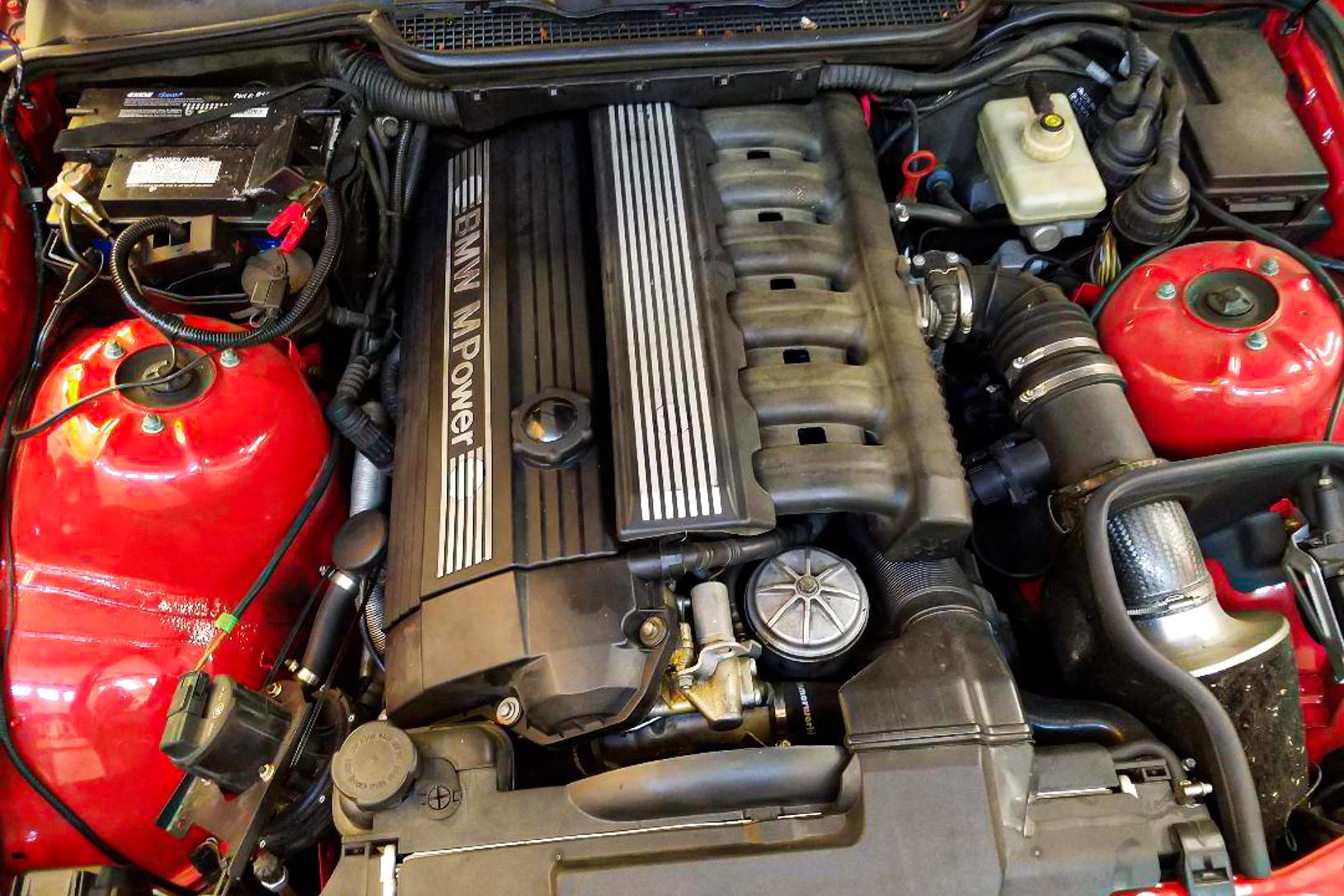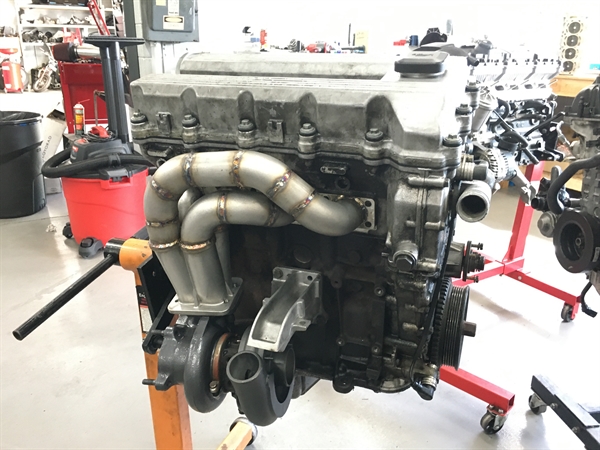Crucial Considerations for Selecting the Best Engine for Your Requirements
In the realm of picking the suitable engine to meet your demands, several critical aspects need precise factor to consider to make sure optimal efficiency and efficiency. From the nuanced equilibrium between power and performance to the often-overlooked facets of maintenance and service needs, each facet plays a pivotal role in establishing one of the most suitable engine for your certain needs. As the complexity of engine innovations remains to develop, critical one of the most fitting alternative necessitates a deep understanding of the interaction between different factors to consider. By discovering the elaborate internet of variables that underpin this decision-making process, a clearer course arises in the direction of selecting an engine that not just meets yet exceeds your expectations.
Power and Efficiency
When reviewing engines for optimum efficiency, it is important to focus on both power result and effectiveness. Power outcome determines the ability of an engine to create energy, which directly influences its efficiency. A high power result is essential for requiring jobs such as high-speed demands or durable applications. It guarantees that the engine can handle the work properly and efficiently. Power alone is not enough; effectiveness plays a significant duty in figuring out the overall efficiency of an engine. Efficiency describes just how well the engine transforms gas right into functional energy. An extra reliable engine will certainly provide better gas mileage, lower emissions, and minimized operating expense. Striking the best equilibrium in between power result and performance is essential to selecting an engine that satisfies your details requirements. When making this choice, it is essential to consider aspects such as the intended use of the engine, ecological effect, and long-term price implications. By very carefully evaluating both power and performance, you can choose an engine that supplies ideal efficiency and meets your requirements successfully.
Fuel Efficiency and Economic Situation
Gas effectiveness refers to the engine's capability to transform gas into energy with minimal waste, directly influencing operating costs and environmental sustainability. Engines with greater gas performance not just minimize gas expenditures but likewise lower carbon exhausts, adding to a greener procedure.
Compatibility and Application
Taking into consideration the fuel effectiveness and economy of an engine, the next important facet to address is its compatibility and application within details operational contexts. Compatibility refers to how well the engine integrates with the total system or tools it powers.
Furthermore, the application of the engine is similarly essential. Various engines are made for specific functions, whether it be industrial machinery, aquatic vessels, automobiles, or power generators. Understanding the desired application permits the selection of an engine that can provide the necessary power outcome, torque, and functional attributes. A high-revving engine developed for performance automobiles would certainly not be appropriate for durable construction tools that needs high torque at reduced rates.
Upkeep and Service Requirements
Maintenance and solution needs play an important duty in making certain the longevity and ideal efficiency of an engine. Normal maintenance is vital to avoid malfunctions, expand the life expectancy of the engine, and preserve its effectiveness. When picking an engine, it is very important to take into consideration the manufacturer's suggested upkeep timetable and the availability of service centers or qualified specialists.
Elements such as the frequency of oil adjustments, filter substitutes, and total inspections can considerably affect the engine's efficiency. Some engines might call for even more constant maintenance based upon their style and linked here usage, while others may have longer intervals between upkeep checks. It is essential to abide by these service requirements to avoid costly fixings and unforeseen downtime.

Cost and Budget Plan Considerations
When selecting an engine for a specific application,Budget restraints typically play a substantial role in the decision-making process. When taking into consideration the expense and spending plan ramifications of choosing an engine, it is crucial to evaluate not just the initial purchase price however also the lasting expenses related to maintenance, gas intake, and prospective upgrades or fixings. It is important to strike an equilibrium between the in advance price of the engine and its overall lifecycle expenses to make certain that the selected engine stays monetarily sustainable throughout its functional life-span.
Elements such as fuel reliability, effectiveness, and sturdiness can straight affect the total cost of ownership of an engine. While a more pricey engine may have higher ahead of time prices, it can possibly result in lower maintenance and gas expenditures over time, hence providing much better value in the lengthy run.
Final Thought

Fuel efficiency refers to the engine's capacity to convert gas right into energy with very little waste, straight impacting operating expenses and ecological sustainability.Factors influencing fuel effectiveness consist of engine layout, combustion effectiveness, and overall efficiency optimization. Furthermore, selecting the suitable gas kind and quality as advised by the engine supplier can even more enhance efficiency and prolong engine lifespan.
Engines with great use attributes and conveniently offered parts can lower maintenance costs and reduce the time the engine is out of operation - bmw 318ti. It is important to strike an equilibrium in between the in advance more helpful hints expense of the engine and its general lifecycle expenses to ensure that the chosen engine remains financially sustainable throughout its functional lifespan